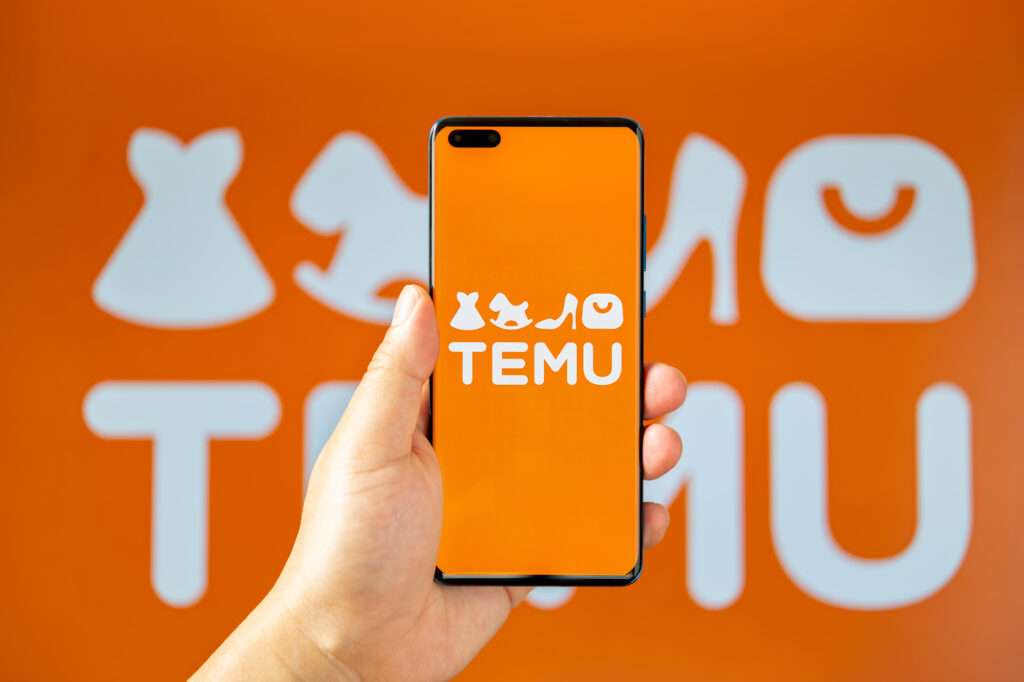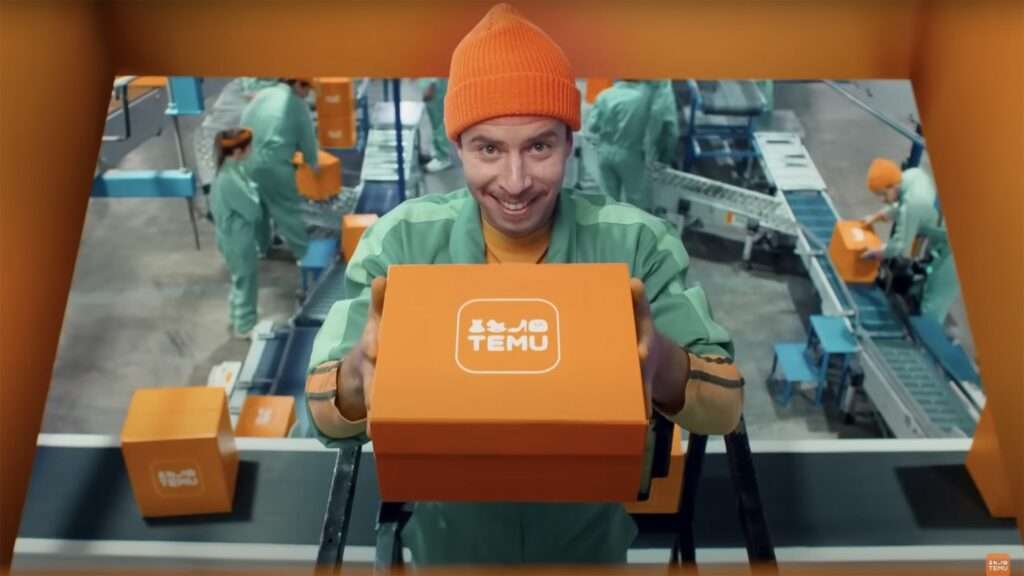With its cheap and extensive range of consumer goods, including fast fashion, Temu seems like the ultimate overnight success. But is it all too good to be true? Spoiler alert: probably, yes.
At first glance, Temu looks like a wonderland of affordable accessories, jewelry, electronics, clothing, beauty products, and much more. At the time of writing, you can pick up a floral summer dress for less than $5 and a pair of comfy-looking soft slides for less than $1.50. But is this Aladdin’s Cave of bargain items all too good to be true?
The Chinese-owned e-commerce platform, which is based in Boston, has been called out for a lack of transparency around its business practices, indicating that maybe, behind all of those great-sounding deals, somebody, somewhere, is paying the real price of its cheap, fast, and convenient consumer goods.
What is Temu?
Despite the fact it’s now the most downloaded shopping app in the U.S., Temu hasn’t actually been around that long at all. In fact, it didn’t launch until September 2022 — less than 12 months ago.

But in a flash, Temu has grown into a real competitor for longer-standing giants in the space, like Amazon and Wish, for example. While it does sell fast fashion, it seems to pride itself on being a one-stop-shop marketplace for, quite literally, everything. You can buy batteries, skincare, paint brushes, solar garden lights, ear protectors — if you can name it, Temu’s got it.
According to the company, the idea is that it “connects consumers with millions of sellers, manufacturers, and brands around the world with the mission to empower them to live their best lives.” It also claims to value empowerment, social responsibility, inclusion and diversity, and integrity.
But recent reports suggest this may not be entirely true.
Is Temu ethical?
According to a U.S. congressional report from June 2023, there is an “extremely high risk” that some of the products sold on Temu are linked to forced labor. The report — compiled by the House Select Committee on the Chinese Communist Party — also looked at fast-fashion giant Shein, and has open investigations into Nike and Adidas.
The committee expressed particular concern about Shein and Temu’s marketplace business model and the “exploitation of U.S. de minimus provisions.” The de minimis threshold is $800, and anything below this is not inspected upon entry into the country. Temu also doesn’t have any specific policy against goods being made in Xinjiang, where, according to the U.S. government, there is evidence to suggest that forced labor is taking place.

“These results are shocking: Temu is doing next to nothing to keep its supply chains free from slave labor,” said Congressman Mike Gallagher. “At the same time, Temu and Shein are building empires around the de minimis loophole in our import rules—dodging import taxes and evading scrutiny on the millions of goods they sell to Americans.”
This is far from the first time that companies associated with fast fashion have been linked to exploitative practices. In 2021, one report suggested that employees at factories supplying to Shein were only allowed one day off per month, and were clocking in for around three shifts per day. Since then, multiple reports have suggested there is ongoing exploitation in the brand’s supply chains.
According to the BBC, Chloe Cranston from Anti-Slavery called on Temu to provide “full transparency on its supply chain.” Likewise, the Chief Executive of Unseen, Andrew Wallis OBE, said “It is imperative consumers, but also governments, know the circumstances and the situations in which goods are manufactured and brought to market.
“The question consumers need to ask themselves is, these are goods that are in essence made by slaves? Is that the kind of gift you want to give at Christmas?”
In a statement shared with The BBC, a Temu spokesperson denied use of slave labor. “Employment by all our merchants and suppliers must be voluntary. We explicitly reserve the right to terminate any business relationship if a third party violates our platform’s Code of Conduct or the law,” the spokesperson added.
Can brands offering fast and cheap products ever be ethical and sustainable?
Temu and Shein are part of a much bigger problem. In the U.S., Europe, and the U.K., companies like Boohoo, H&M, Zara, Amazon, Nike, Adidas, and many more, have been called out for business models that exploit people and the planet.

In fact, in a study of 1,000 clothing factories released earlier this year, researchers found that more than half had dealt with issues like delayed payment from brands, as well as order cancellations and pay refusals. Plus, around 37 percent of the brands studied (including GAP, Zara, and Lidl) were reported as having engaged in unfair practices.
Plus, all of this fast production and delivery has a major impact on the planet. In 2021, one study suggested that fast shipping alone increases CO2 emissions by 15 percent. Fast fashion is also associated with driving up textile waste (around 92 million tons of clothing ends up in landfill every year), as well as issues like water wastage, deforestation (which is usually linked to leather usage), and pollution.
The bottom line is, while it seems good on the surface, there is no truly ethical, sustainable way to buy from companies that prioritize fast, cheap, and convenient manufacture and delivery. Instead, it’s far better to invest in sustainable, low-waste consumption. For tips, find our ethical shopping guides here.
Related on Ethos:


